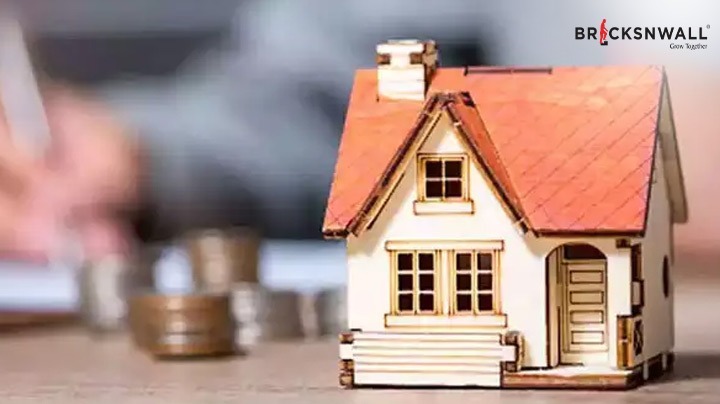Is the House you live in an Asset or Liability
Koheli

When it comes to
personal finance, one of the most significant investments that many people make
is in their homes. But whether a house is considered an asset or liability
depends on the individual's financial situation and perspective.
In
this blog, we'll explore the pros and cons of owning a house and help you
determine whether it's an asset or a liability for you.
Pros of Owning a House
A
house can be considered an asset because it has the potential to appreciate
over time. This means that if you buy a house today and sell it in the future,
you could make a profit if the market value of the House has increased.
Additionally, owning a house can also generate income through the rental
property if you choose to rent out a portion of the entire House.
Furthermore,
a house can also be used as collateral for loans or lines of credit.
Tax Benefits:
Owning a house can provide tax benefits such as deductions for mortgage
interest and property taxes. These deductions can lower your overall tax bill
and increase your savings.
Forced Savings:
Making a monthly mortgage can be considered a form of forced savings. You're
paying into an investment that will eventually be yours.
Stable Housing:
Owning a house provides a sense of stability and permanence. It can be a place
to call your own and make lasting memories with your family.
Sense of Accomplishment: Buying a house can
be a significant milestone and a source of pride. It can also be viewed as a
symbol of financial success.
Cons of Owning a House
On
the other hand, a house can also be considered a liability because it incurs
ongoing expenses such as mortgage payments, property taxes, and maintenance
costs.
Additionally,
owning a house involves significant money that could be invested elsewhere. If
the property's value falls, the homeowner could be left owing more on the
mortgage than the House is worth, known as being "underwater" on a
mortgage.
Making the Decision
Ultimately,
whether a house is considered an asset or liability will depend on how it is
used and the individual's financial goals. A house that appreciates and
generates income could be considered an asset, while a place that is a drain on
finances could be regarded as a liability. It's essential to carefully consider
your financial situation and goals before buying a house. Income, credit score,
and plans should all be considered.
Conclusion
Owning a house can be considered both an asset and a liability. It has the potential to appreciate and generate income, but it also incurs ongoing expenses and ties up a significant amount of money. Carefully evaluate your financial situation and goals before deciding to buy a house, and make sure it makes sense.




